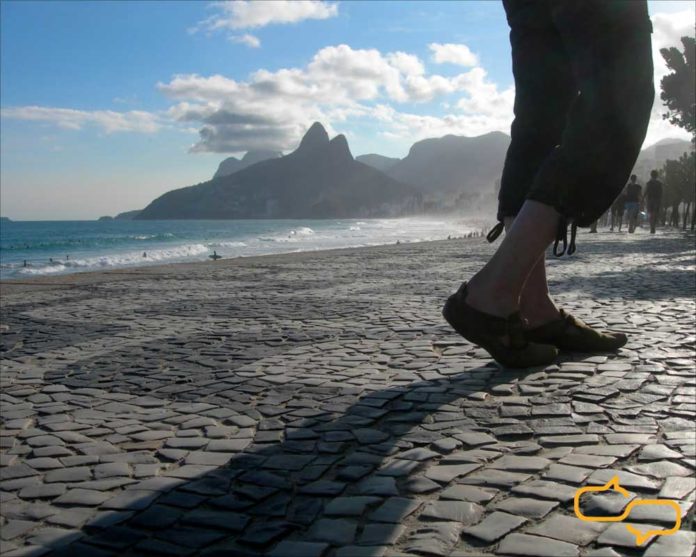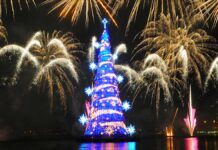Brazil’s National Day of Samba is celebrated today, in towns and cities across the great nation. In fact, it’s taking the full weekend because Samba is a way of life, and in many ways, it’s the story of life.
The early origin of samba is unknown. Some attribute samba to the Angolan “semba” ritual dance, others testify that samba’s true roots come from the lundu rhythms of 18th century Brazil.
But it’s safe to say that samba’s true heritage began in Rio de Janeiro in the early 1900s.
By 1915, Brazil’s neo-African culture had made is way from Bahia to Rio and had centered itself in a spacious park in the middle of the city, named Praça Onze, or Plaza Eleven.
It was here that many of these immigrants gathered to make music, drink cachaça, dance and practice their African religions.
In fact, it was in 1917, in the nearby home of Tia Ciata that the very first song registered as a samba was composed. It was called “Pelo Telefone” or “On The Telephone.”
So, Cariocas can choose from dozens and dozens of Samba parties this weekend: from impromptu neighborhood festas in Barra to full-blown nightclub sets in Lapa.
Combine that with the lighting of Rio’s iconic Christmas tree and you have a weekend to remember.
After all, Carnaval is only 90 days away.
Curiously for Brazil’s National Day of Samba, the date of December 2nd has little to do with Samba’s first hit song.
Instead, it marks the date that famed Brazilian songwriter Ary Barroso first visited the city of Salvador, Bahia.
By this time, Ary Barroso had already claimed a pair of worldwide hit songs, ‘Brazil’ (Aquarela do Brasil), and ‘Bahia’ (Na Baixa do Sapateiro), but had never stepped foot in Salvador. The city’s Mayor was so moved by the visit that he decreed an ‘official day of Samba’ to mark the occasion and gradually, the rest of Brazil followed suit.
Sambas come in all shapes and sizes. There are sambas for dancing called pagode sambas. Quieter, melodic sambas may be called samba-cançãos, and the exhilarating marches that propel the samba parades during Carnaval are called samba-enredos.
There are sambas to celebrate life, love, a sunny day, or even a cloudy day. Samba is part philosophy, part dance and the life blood of Brazilians worldwide.









